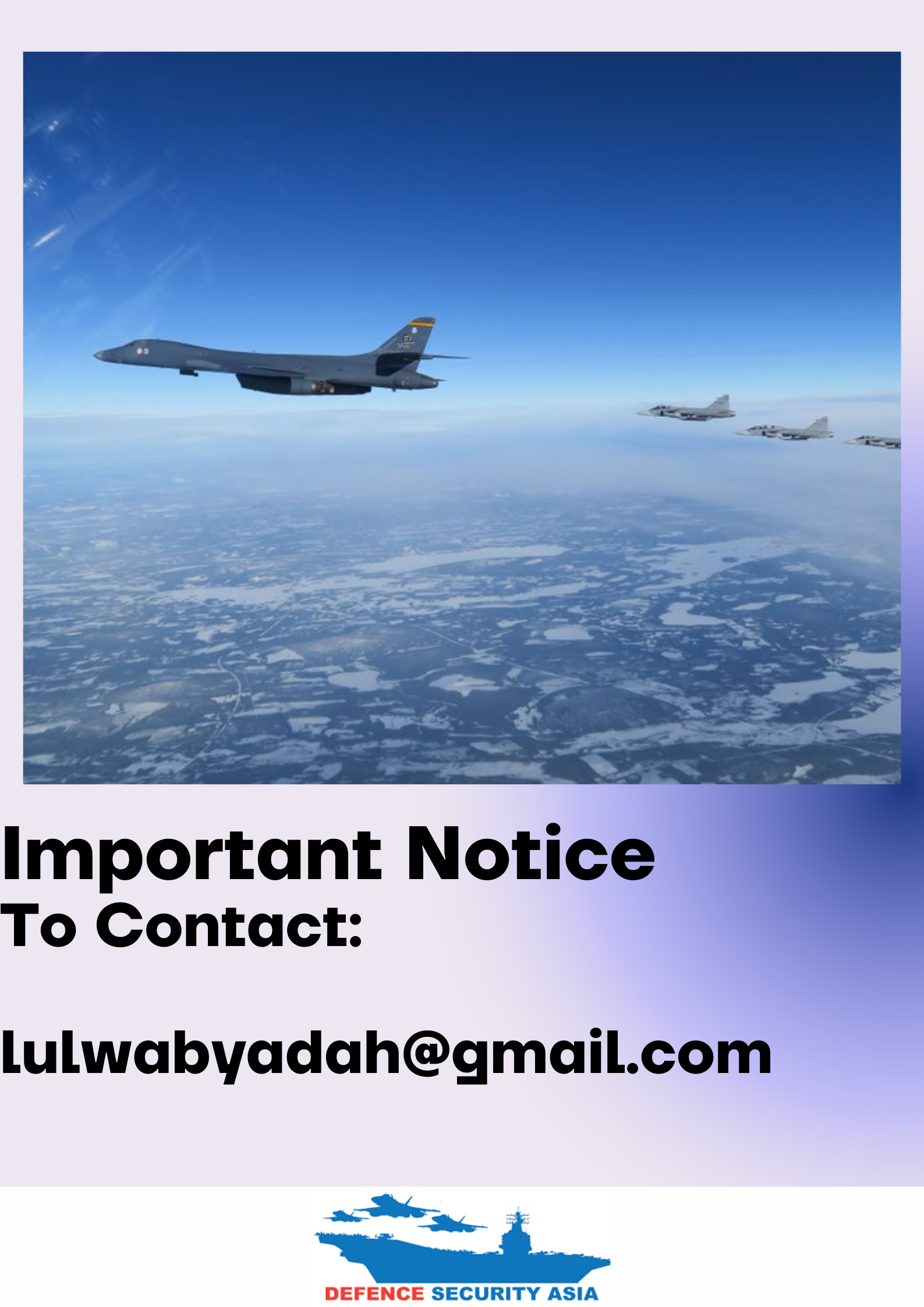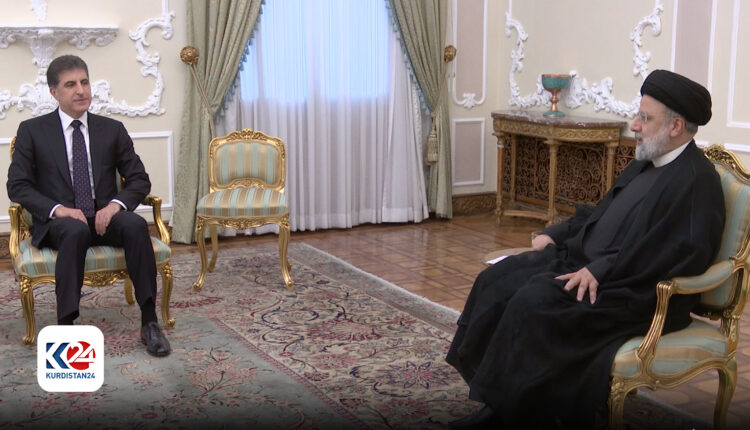“Iran’s Missile Diplomacy” Begins to Bear Fruit? Kurdistan the First “Victim”…
Regional analysts contend that Iran's "missile diplomacy" in the conflict-prone region is beginning to yield results, with previously staunch adversaries now showing trepidation towards Iran's military capabilities and seeking resolution with Tehran.
(DEFENCE SECURITY ASIA) — Several weeks after Iran launched missile and drone strikes against Israel, a “geopolitical shift” appears to be underway involving parties previously considered Tehran’s “staunch enemies.”
Regional analysts contend that Iran’s “missile diplomacy” in the conflict-prone region is beginning to yield results, with previously staunch adversaries now showing trepidation towards Iran’s military capabilities and seeking resolution with Tehran.
Recently, the President of the Kurdistan Region in Iraq, Nechirvan Barzani, embarked on a two-day visit to Tehran, where he met with his Iranian counterpart, Ebrahim Raisi.
Barzani described his historic visit to Tehran, accompanied by his Minister of Interior and senior officials, as a “new beginning” in diplomatic relations with Iran, which had been adversarial for decades.
For years, the Iranian government has accused Kurdish ethnic groups governing three regions in Iraq of “hosting and operating” anti-Iran armed groups, allegedly aided by Israel’s intelligence agency, Mossad.
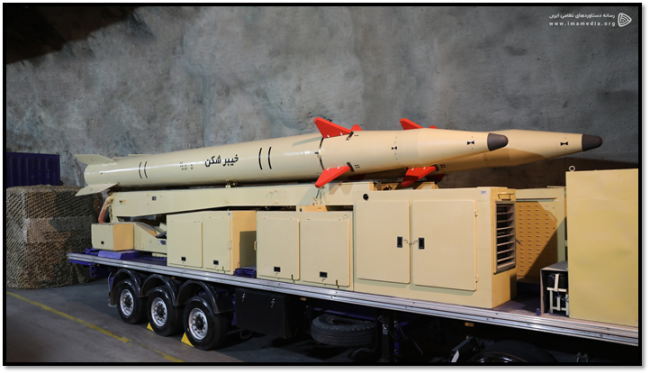
The existence of these anti-Iran armed groups, financed and trained by Mossad in the Kurdish-administered areas of Iraq, has been a major issue straining relations between Tehran and the Kurdistan Region in Iraq.
Barzani acknowledged these concerns and assured Iran that Kurdistan would not “be a source of threat to its neighboring countries.”
He emphasized the importance of his relationship with Tehran, stating, “Armed groups cannot exist in the Kurdistan Region, and they cannot come to Iran, carry out armed activities, and return to the Kurdistan Region. This is unacceptable.”
Iran’s President, as quoted by the state news agency, emphasized the need to “prevent Zionist elements and anti-Iran forces from using the Kurdistan Region to launch attacks against Iran.”
In addition to meeting with Raisi, the Kurdish leader also met with Iran’s Supreme Leader Ayatollah Ali Khamenei, Foreign Minister Hossein Amirabdollahian, and other senior Iranian officials.
For regional analysts, Barzani’s sudden visit was indeed surprising, especially after earlier events this year.
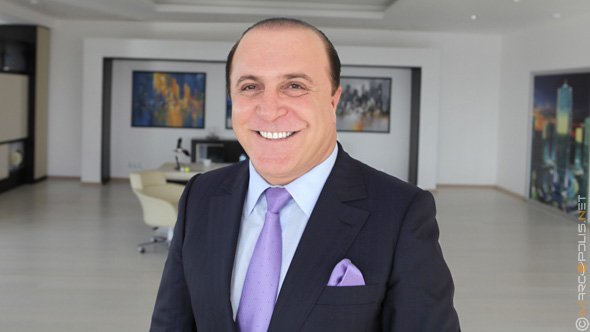
In January, Iran launched ballistic missile strikes against what it called “Israeli spy centers” and “locations where anti-Iran groups gather” near the city of Erbil in northern Iraq and in Aleppo, Syria.
Erbil is one of the major cities in the Kurdistan Region of Iraq.
According to Iranian media, the Islamic Revolutionary Guard Corps reportedly launched 24 ballistic missiles at targets in northern Iraq and Syria in retaliation for the killing of an Iranian military general and a pro-Iranian armed group commander.
Several other locations in Erbil were also targeted in Iran’s ballistic missile strikes.
One of those killed in the ballistic missile strikes was Kurdish businessman Peshraw Diyazee, who was reported to have had close ties with Israel and conducted extensive business activities with Israeli companies.
According to a statement by the Islamic Revolutionary Guard Corps, the ballistic missile strikes in Erbil destroyed one of the main Israeli spy centers in Erbil, which serves as the capital of the semi-autonomous Kurdistan Region.
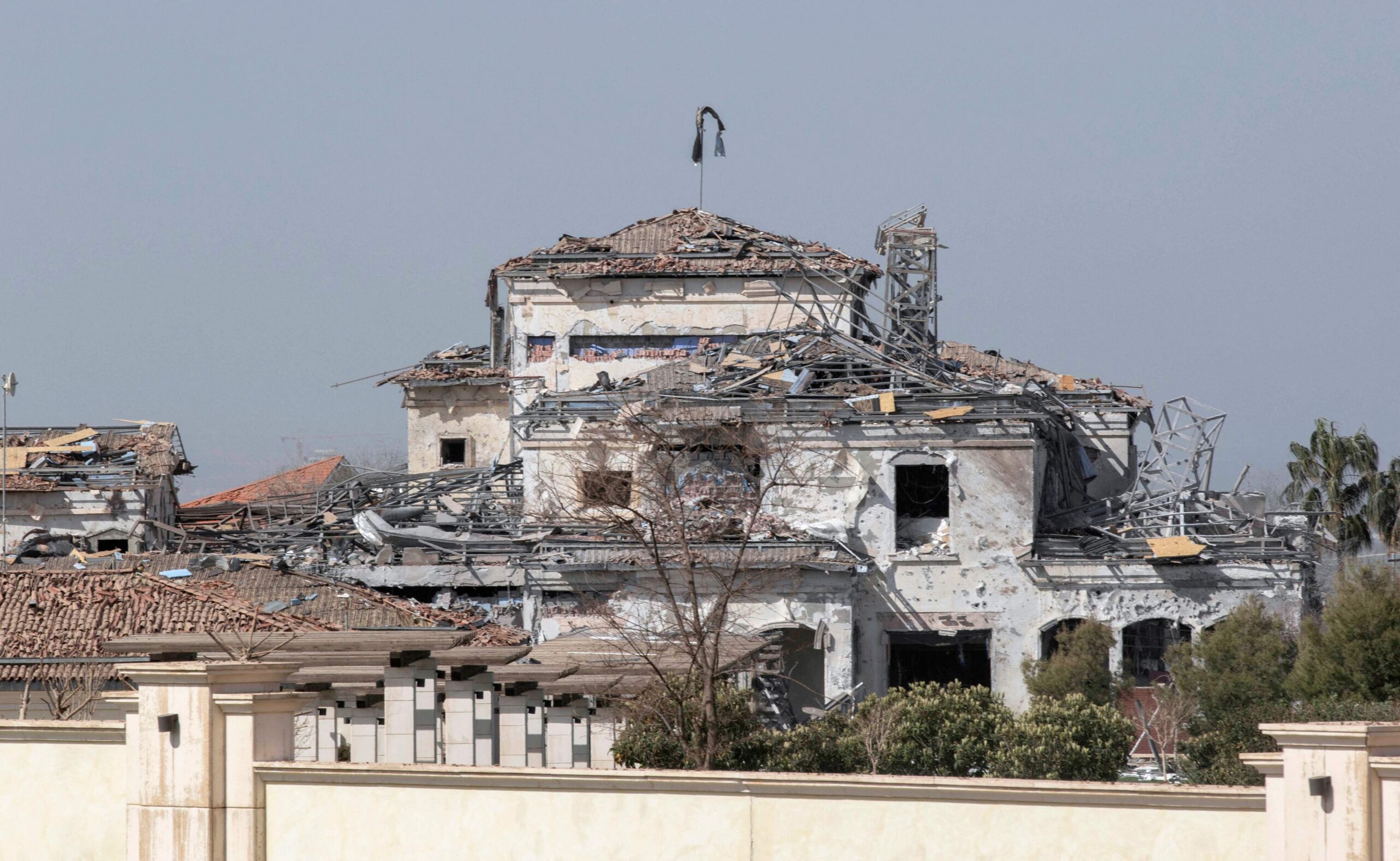
Also killed in the Iranian ballistic missile strikes that destroyed Diyazee’s luxury villa in Erbil were four other members of his family.
Iranian media stated that among the ballistic missiles used by Iran in the attack was the “Khaybar Shekan.”
The “Khaybar Shekan” ballistic missile is a variant of the Fateh-110 ballistic missile with a longer range and uses solid propellant.
According to the Islamic Revolutionary Guard Corps, the ballistic missile can hit targets up to 1,450 km away, compared to the previous variant, Dezful, which was unveiled to the public in February 2019 with a range of 1,000 km.
The “Khaybar Shekan” ballistic missile is known for its high precision and speed, as demonstrated in the attacks in northern Iraq and Syria.
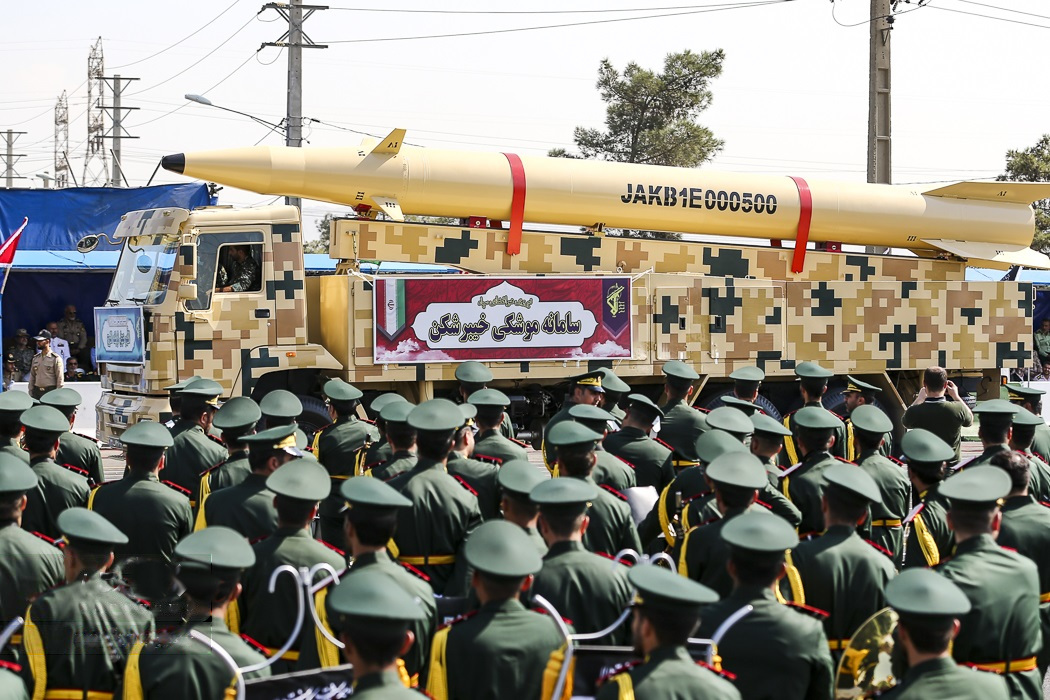
The warhead of the “Khaybar Shekan” ballistic missile is reported to travel at speeds between Mach 7 and 9 in its final flight phase before hitting its target.
Additionally, the ballistic missile has a high maneuverability level, enabling it to overcome enemy air defense systems. — DSA
